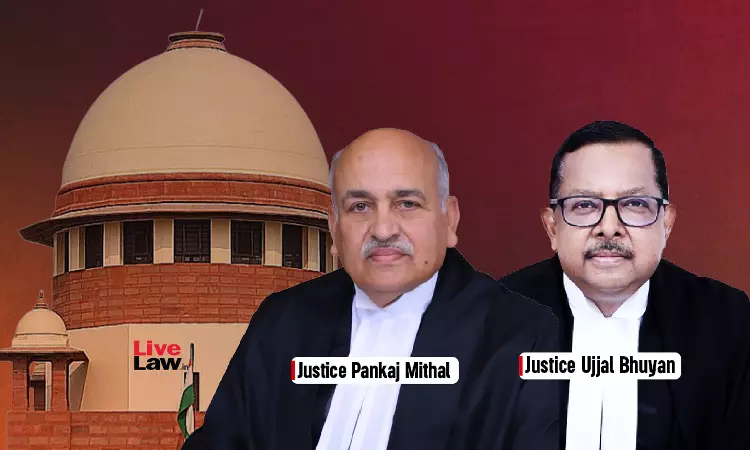When Title Declaration Suit Seeks Possession Recovery Also, Limitation Period For Possession Recovery Applicable : Supreme Court
Yash Mittal
25 Oct 2024 10:07 AM IST

Next Story
25 Oct 2024 10:07 AM IST
The Supreme Court observed that when along with a suit for declaration of title, a further relief is sought, the limitation period would be governed by the Article governing the suit for such further relief. In other words, the bench comprising Justice Pankaj Mithal and Justice Ujjal Bhuyan explained that if in a suit for declaration of title, a further relief of recovery of possession is...
